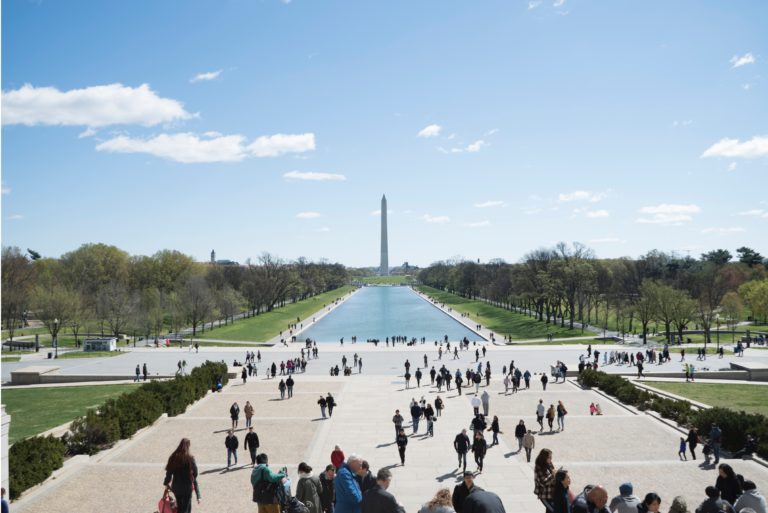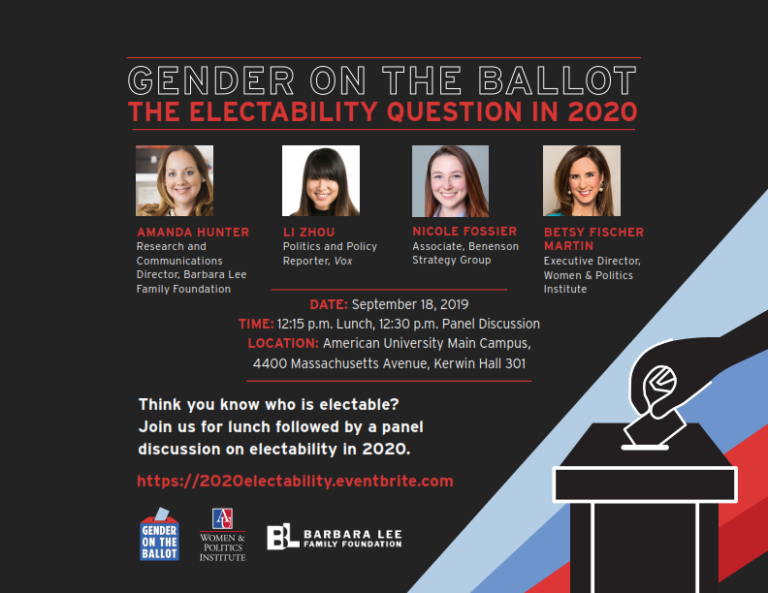In 2018, teachers across the nation went on strike in order to demand higher…
How the “Me Too” Movement Is Affecting Campaigns in the 2020 Elections

The “Me Too” movement was founded more than a decade ago by civil rights activist Tarana Burke, but it has more recently gained international attention as people around the world began using social media to share their experiences with sexual harassment. The reach of the “Me Too” movement extends into politics, with 51% of voters agreeing that they would never vote for someone who didn’t make addressing sexual harassment a priority
Communicating about sexual harassment may feel new to many candidates; before 2018, the issue hasn’t been a large part of the conversation on the campaign trail since the Anita Hill hearings in 1991. Barbara Lee Family Foundation research, conducted in the wake of the 2018 #MeToo movement, shows that the majority of voters: take sexual harassment seriously; say that it will influence their voting decisions; and look more favorably upon candidates who take a strong stance against sexual harassment.
BLFF research also shows that 81% of voters see sexual harassment in the workplace as a serious problem. Candidates for the presidency are taking note and taking steps to implement more extensive policies targeted towards both prevention and response. For example, before any official announcements were made, there were reports from anonymous staff members that presidential candidates were screening potential hires for past misconduct. Both Bernie Sanders and Donald Trump created sexual harassment hotlines. Kirsten Gillibrand had staffers recertified in updated sexual harassment policies. Cory Booker, Kamala Harris, and Elizabeth Warren required employee trainings.
Yet, the Democratic debates proved that there is still a long way to go: not one question regarding sexual harassment was asked during the debates. A study by the Time’s Up organization shows that this is not out of the ordinary. After examining the transcripts from 123 primary debates from 1996 to 2012, they identified only three questions concerning sexual harassment out of 4,000 questions, and none were about specific policies.
A survey found that 81% of women and 43% of men have been sexually harassed, so this is not a niche issue. As Fatima Goss Graves, president of the National Women’s Law Center, wrote: “What’s lacking is candidates being asked about this issue, not voters’ interest in it.”






